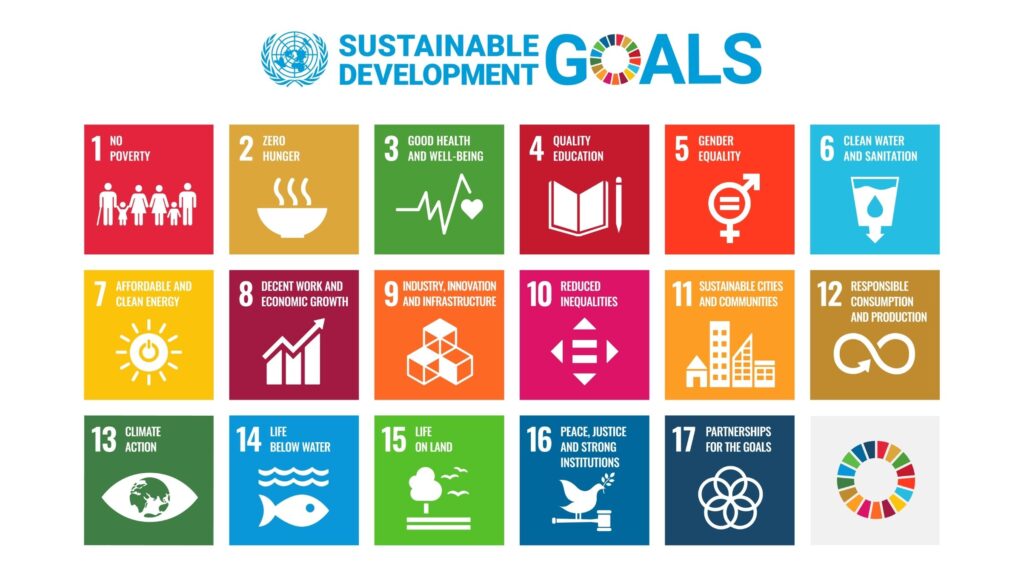At Sustainable Action Now, we believe that understanding the intricate web of global challenges – from political appointments and national budgets to international conflicts and their impact on our daily lives – is fundamental to driving meaningful change. A truly sustainable future isn’t just about environmental initiatives; it’s about resilient economic systems, transparent governance, and policies that foster stability for all. Recent developments highlight just how interconnected these seemingly disparate areas truly are.
For a deeper dive into the critical environmental shifts and policies shaping our world, visit our dedicated climate section: https://sustainableactionnow.org/category/climate/.
The Shifting Sands of Domestic Policy and Its Environmental Echoes
The machinery of government operates through a series of key appointments and budgetary decisions that have profound ripple effects, often far beyond their immediate purview. Consider the recent confirmation vote in the Senate for William Long to be Commissioner of Internal Revenue (PN 12-27). While the Internal Revenue Service (IRS) primarily focuses on administering the nation’s tax laws – a critical function for funding all government operations – the leadership of such a vital agency can set the tone for financial stability and the broader economic landscape. The IRS Commissioner is responsible for overseeing tax collection and compliance, safeguarding taxpayer rights, and implementing legislative changes to the tax code. This role, while seemingly removed from direct environmental action, is foundational to the fiscal health that underpins any sustainable national agenda.
However, a more direct and concerning trend involves the White House’s efforts to freeze more agency funds and expand executive power, specifically targeting over $30 billion in spending at crucial federal agencies like the Environmental Protection Agency (EPA) and the National Science Foundation (NSF), among others. This move, framed by some as an attempt to streamline government, carries significant implications for our collective sustainable future.
- Impact on the EPA: Proposed budget cuts to the EPA could be drastic, potentially slashing funding for vital programs that protect our air and water quality, oversee hazardous waste cleanups (like Superfund sites), and enforce critical environmental regulations. Such reductions risk a future of “dirtier air, unsafe drinking water,” and slower progress on critical environmental remediation efforts, directly undermining public health and ecological integrity.
- Impact on the National Science Foundation (NSF): The NSF is a cornerstone of American scientific research, funding groundbreaking studies across disciplines, including climate science and clean energy innovation. A substantial cut to its budget – potentially halving its current funding – would cripple long-term scientific capacity, halt critical climate research, and jeopardize thousands of grant-dependent jobs at universities nationwide. This isn’t just about reducing spending; it’s about dismantling our national scientific capacity at a time when we need it most to address complex global challenges like climate change.
These budgetary maneuvers demonstrate how swiftly political decisions can impact agencies responsible for environmental protection and scientific advancement, potentially sidelining crucial research and hindering progress towards sustainable solutions.
Global Tensions, Energy Volatility, and the Consumer Burden
Beyond domestic policy, international events cast long shadows over our energy markets and, consequently, our daily lives. The recent soaring oil prices after Israel’s attack on Iran serve as a stark reminder of the fragile balance between geopolitical stability and global economic well-being. The Middle East, a region pivotal to global energy supplies, is inherently sensitive to conflict. Any perceived threat to oil production or shipping routes can trigger immediate and significant price spikes on international markets.
This volatility doesn’t stay confined to distant headlines. It promises to increase prices at the gasoline pump, a direct and immediate hit to household budgets and transportation costs. Moreover, the ripple effect extends to our utility bills, as voters’ natural gas and electricity bills are already set to rise. When global oil and gas prices surge, the cost of generating electricity and heating homes inevitably follows suit, impacting every consumer. This economic burden is particularly acute when households are already grappling with other rising living expenses.
The interconnectedness here is undeniable: geopolitical conflicts, regardless of their origin, can rapidly translate into higher energy costs for individuals and businesses worldwide. This highlights the urgent need for long-term energy strategies that prioritize diversification, invest in renewable energy sources, and reduce our reliance on volatile fossil fuel markets. Such a transition is not only vital for climate action but also for enhancing national energy security and insulating consumers from the economic shocks of international instability.
Towards Resilient Solutions and Sustained Action
The confluence of these factors – political decisions impacting critical scientific and environmental agencies, and international conflicts driving up essential living costs – paints a clear picture of the complex challenges facing our pursuit of sustainability. At Sustainable Action Now, we are committed to highlighting these interconnections, understanding the underlying mechanisms, and empowering informed action.
Building a truly sustainable future requires more than just environmental awareness. It demands vigilance over governmental decisions, advocacy for robust scientific and environmental institutions, and a clear understanding of how global events reshape our local economies and daily lives. By staying informed, engaging with policy, and supporting initiatives that promote stability and resilience, we can collectively work towards a world that is not only environmentally sound but also economically just and politically stable.
Explore more about the critical climate policies, initiatives, and the broader sustainable actions needed to navigate these complex challenges and build a more resilient future for all. Visit https://sustainableactionnow.org/category/climate/ to learn more and join our mission.


